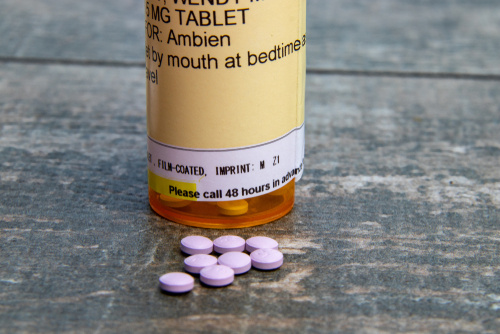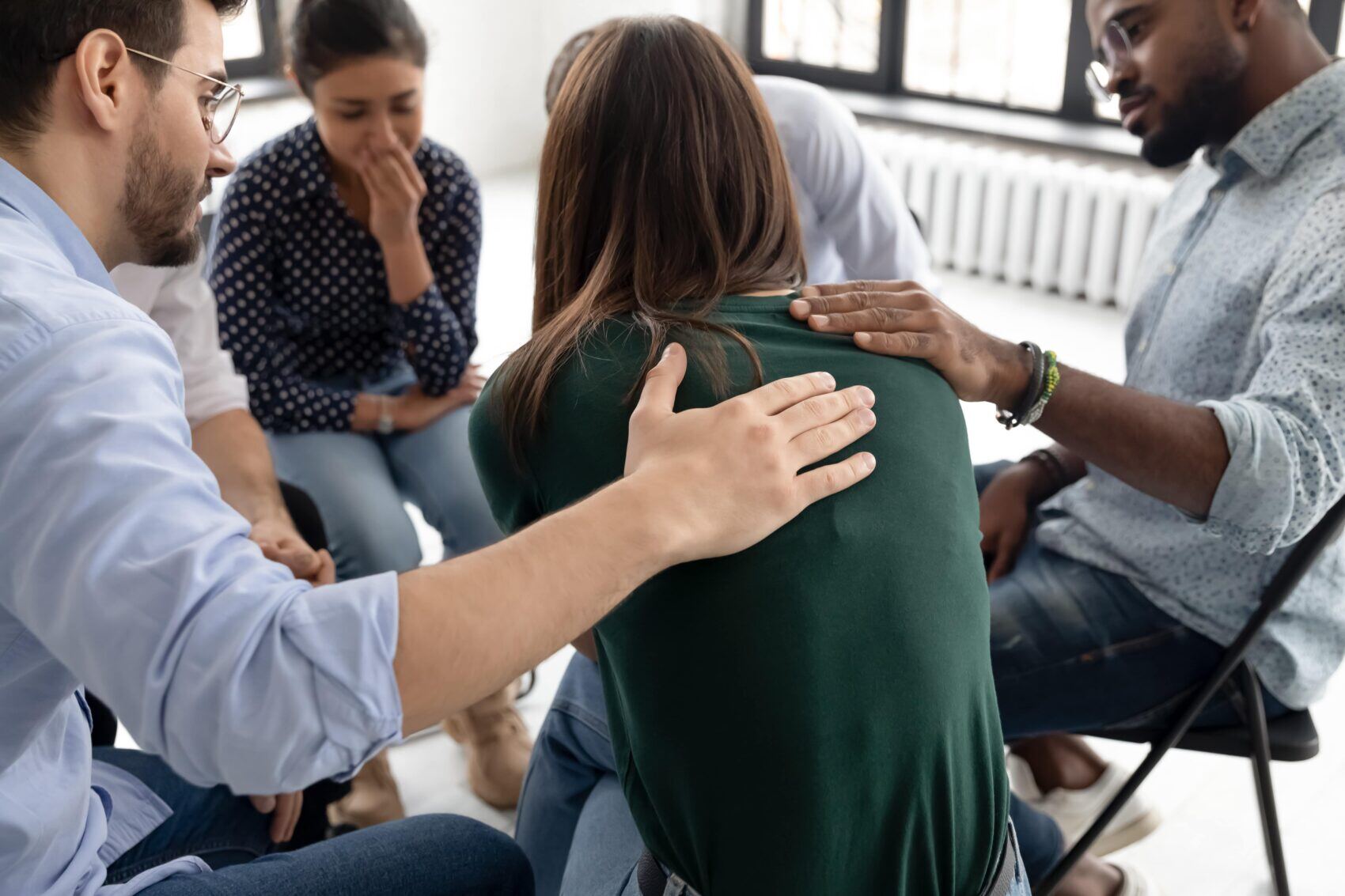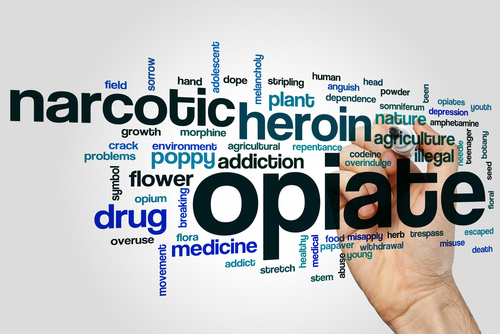Treatment Options For Ambien
Ambien is a brand name medication; the generic form is known as zolpidem. It is used to treat certain sleep issues (e.g., insomnia). Ambien belongs to a class of medications known as sedative-hypnotics which are used to induce and/ or maintain sleep. The United States Drug Enforcement Administration (DEA) classifies Ambien as a Schedule IV Substance, which are defined as “drugs with a low potential for abuse and low risk of dependence.” Huffington Post explains “Ambien works by activating the neurotransmitter GABA and binding it to the GABA receptors in the same location as the benzodiazepines such as Xanax and Valium. The extra GABA activity triggered by the drug inhibits the neuron activity that is associated with insomnia.” Hence, Ambien elicits a calming effect, which can be attributed to the slowing down of one’s excessive brain activity.
The average half-life, meaning the length of time the substance will remain in one’s system until the concentration in one’s blood has been reduced by half, of Ambien is about 2.5 hours. Ambien is not intended for long-term use; rather short treatment periods lasting one to two weeks long, or less are most common. The dosage prescribed is variable, as it will depend on an individual’s medical condition, age, response to treatment, other medications she may be taking, and additional contributing factors. When Ambien is taken exactly as directed, under strict supervision of a qualified medical professional, it can be an extremely helpful medication. However, it does contain addictive qualities, and the way it interacts with one’s natural brain chemicals lends it to be a medication that has a high potential for abuse. Addiction to any substance, including Ambien, does not occur instantaneously. When an individual has habitually abused Ambien, her body will in effect become accustomed to functioning in its presence, and unable to function optimally in its absence.
Treatment
The first step in the treatment process for an individual struggling with Ambien abuse will be to undergo detox, which cleanses the body of all abused substances. Subsequently, depending on the needs of the individual, continuing the recovery process by participating in a formal substance abuse and/ or addiction treatment program may be advised. There are outpatient treatment programs and inpatient treatment program options available. Regardless of the structure of the program, a customized treatment plan will be developed that is specific to each participant, to ensure all nuanced needs are met. Outpatient treatment programs offer the ability to participate in the program for a previously specified number of hours, daily, while continuing to reside at home.
Inpatient treatment programs are an entirely immersive experience as participants live at the treatment facility for the duration of the program. Attending an inpatient treatment program provides an individual with the opportunity to practice implementing healthy changes in a safe and relatively controlled environment. In addition to the various therapeutic methods that are offered, regular exercise, healthy eating habits, obtaining ample sleep, and rejuvenating self-care practices are integral components of inpatient treatment programs. Substance abuse and addiction treatment programs can teach an individual useful tools and healthy coping mechanisms to navigate the inevitable challenges of life and continue her path of recovery.
For Information and Support
Substance abuse and addiction can be incredibly dangerous and can result in severe short and long-term consequences. If you or someone you know is suffering from substance abuse or addiction, please get help as soon as possible. The earlier you seek support, the sooner you and your loved ones can return to leading happy, healthy, and fulfilling lives. There is no reason to go through this alone, and we are here to help. Please feel free to reach out to us for further information or with any questions regarding substance abuse or addiction. We are available anytime via telephone at: 213-389-9964, or you can always email us at: info@friendlyhousela.org.



